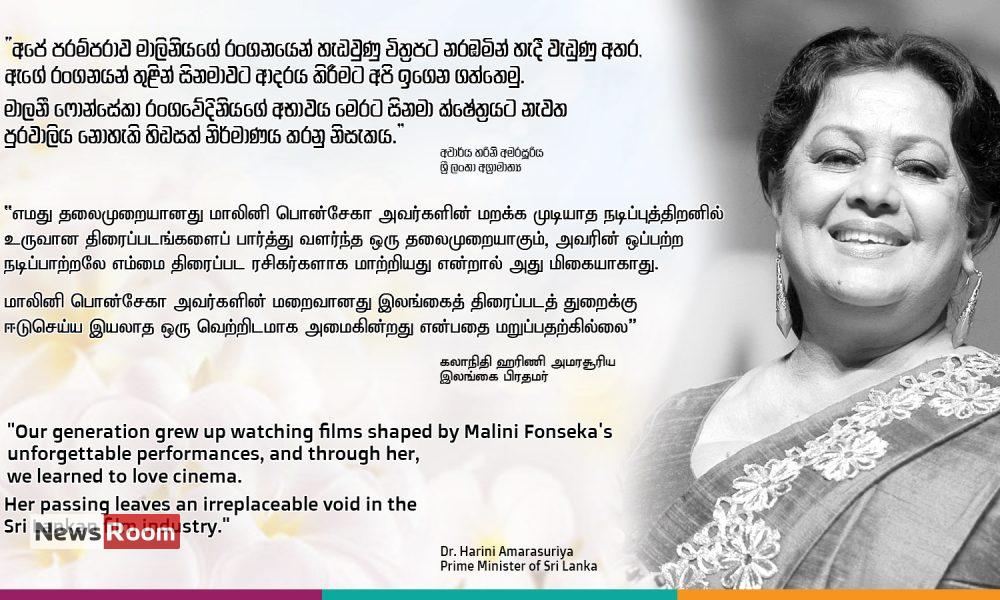Rear Admiral (retired) D. K. P. Dassanayake yesterday (24) alleged that the war-winning armed forces were being subjected to an unprecedented psychological operation.
The wartime Navy Spokesman said that the NPP government owed an explanation as to why the state-run media had stopped using the word ‘Ranaviruvo’ (war heroes) to describe the fallen military personnel and replaced that term with ‘soldaduwo’ (soldiers).
Having served as Director, Maritime Special Forces, Deputy Director Operations and Director, Naval Weapons during Eelam War IV, in addition to being the SLN spokesman, Dassanayake retired in February 2021. He served the SLN over a period of 33 years.
Dassanayake pointed out that the NPP, too, accepted the previous government recommendation that the strength of the Army be reduced to 100,000 by 2030, Dassanayake said that the Navy and Air Force, too, were to be restructured. “That would be fine especially during peacetime. We know appropriate reduction in strength is acceptable depending on situations. However, such decisions should be taken following careful consideration of all relevant facts,” Dassanayake said.
Responding to The Island queries, Dassanayake said that the overall response of the government to the armed forces had changed in the wake of the 2015 presidential election.
Recalling that the first combined services parade was held in May 2010 to celebrate the first anniversary of war victory, Dassanayake said that the parade had been held at Galle Face till 2013 and then moved to Matara. The Yahapalana government had held the victory day parade in 2015 but cancelled it the following year, he said. Since then the victory day parade hadn’t been held, the retired officer said, adding that he found it difficult to understand why President Anura Kumara Dissanayake had initially decided not to attend the May 19 event at Battaramulla to mark Sri Lanka’s triumph over terrorism 16 years ago. On 16 May the Defence Ministry had announced that the President would not attend the event, but he had changed his mind on 18 May 18, Dassanayake said.
The former SLN spokesman said that he was among those who were penalized for serving the country. Dassanayake was arrested in July 2017 and held till January the following year over his alleged involvement in the wartime disappearance of 11 persons. Dassanayake was recalled from a foreign course during the Yahapalana government.
No government made a genuine effort since the successful conclusion of the war in May 2009 to counter unsubstantiated war crimes allegations propagated by interested parties, Dassanayake said.
Alleging that those who had been at the helm of the armed forces, too, must accept responsibility for the pathetic situation.
Dassanayake said that the yahapalana government in 2015 had backed a US-sponsored accountability resolution at the Geneva-based United Nations Human Rights Council (UNHRC). The build-up on the Geneva front against Sri Lanka couldn’t be examined without taking into consideration the circumstances the then government backed a resolution targeting its own war winning armed forces, Dassanayake said.
During the Mullaituvu sea blockade ordered by the then Navy Chief Vice Admiral Wasantha Karannogoda, Dassanayake functioned as the senior officer in charge of the operation.
Dassanayake said that the blockade involved over 100 different types of craft and was aimed at preventing the LTTE leadership, including its leader Velupillai Prabhakaran, and hardcore cadres, from fleeing the country. “Of course, there were other objectives but our primary task was thwarting any such attempt,” Dassanayake said.
Dassanayake said that although the LTTE’s military capability had been completely eliminated for once and for all, those in Parliament and outside remained confident of securing federalism.
Foreign powers may not even hesitate to engineer change of governments here to facilitate their strategies. “Our leaders cannot be blind to the circumstances under which Bangladeshi Premier Hasina was ousted,” Dassanayake said, urging political parties to be mindful of the huge sacrifices the armed forces had made to protect the country’s unitary status.
by Shamindra Ferdinando ✍️
